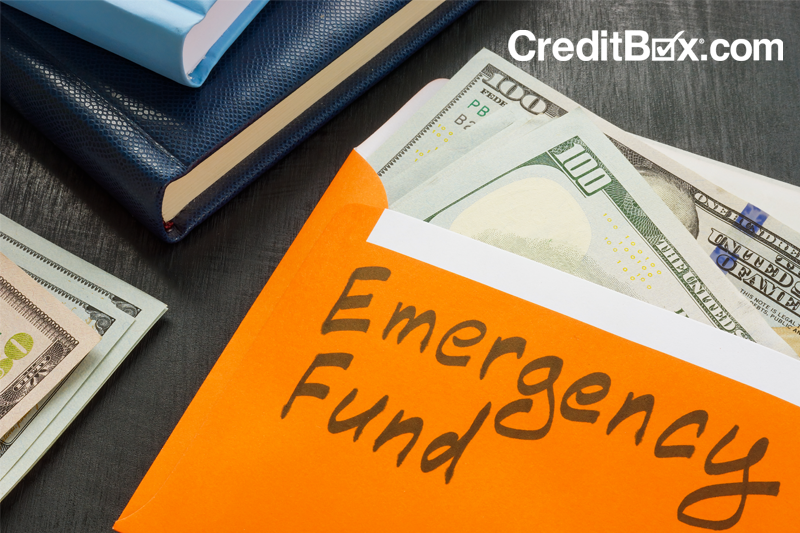
Tips for Building an Emergency Fund: Financial Security for Beginners
Often, life throws curveballs when we least expect it. Generally, it is impossible to predict unexpected money-draining events. Therefore, having accessible cash in times of need is crucial. An emergency fund acts as a safety net, providing peace of mind and financial stability when unexpected expenses come knocking on your door. For individuals with a single income, self-employed, and have family responsibilities, aim for an emergency fund that can sustain you for up to eight months. Remember, saving even a little every month to start can make a significant difference in times of financial strain.
Step 1:
Start Small, but Think Big: Building an emergency fund may seem daunting, especially if you're tight on cash. However, every journey starts with a single step. Begin by setting aside a small amount each month, such as $20 or $50, and gradually increase it as you can. The general rule of thumb is to set aside at least three to six months' expenses.
Step 2:
Embrace the Power of Budgeting: Creating a budget is your secret weapon to making your emergency fund a reality. Monitor your earnings and expenses to pinpoint potential areas you can cut back on. You could skip the fancy coffee or cook more meals at home. You'll be amazed at how quickly it grows by giving a portion of your budget towards your emergency fund.
Step 3:
Automate Your Savings: Sometimes, we must remember to save. To overcome this, establish an automated transfer from your checking account to a separate savings account dedicated to your emergency fund. This way, you won't have to think about it, and your savings will grow more effortlessly.
After reaching your goal, transfer additional funds into higher savings long-term accounts like retirement plans. By strategically allocating your savings, you can maximize the potential for long-term growth and secure a stronger financial future.
